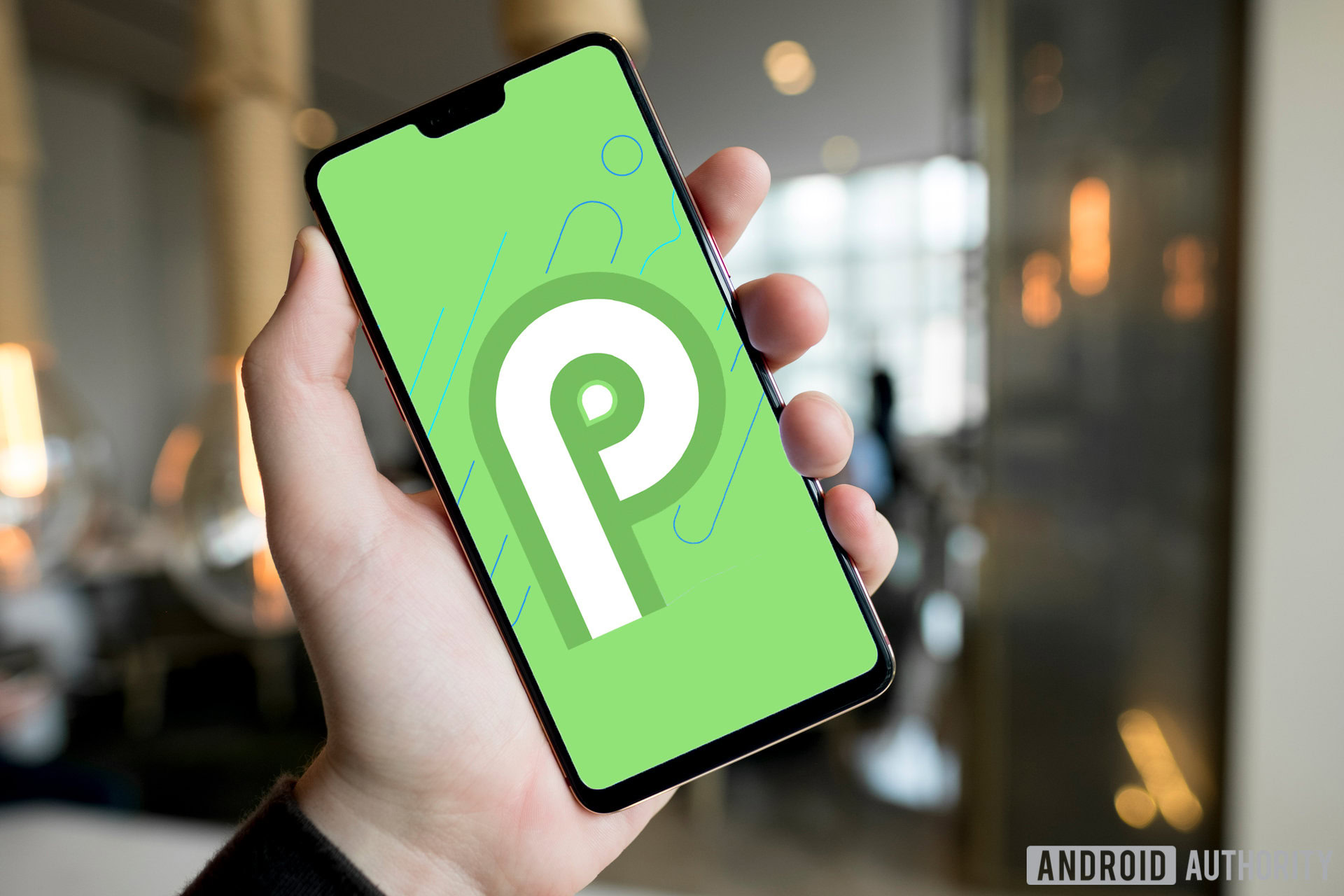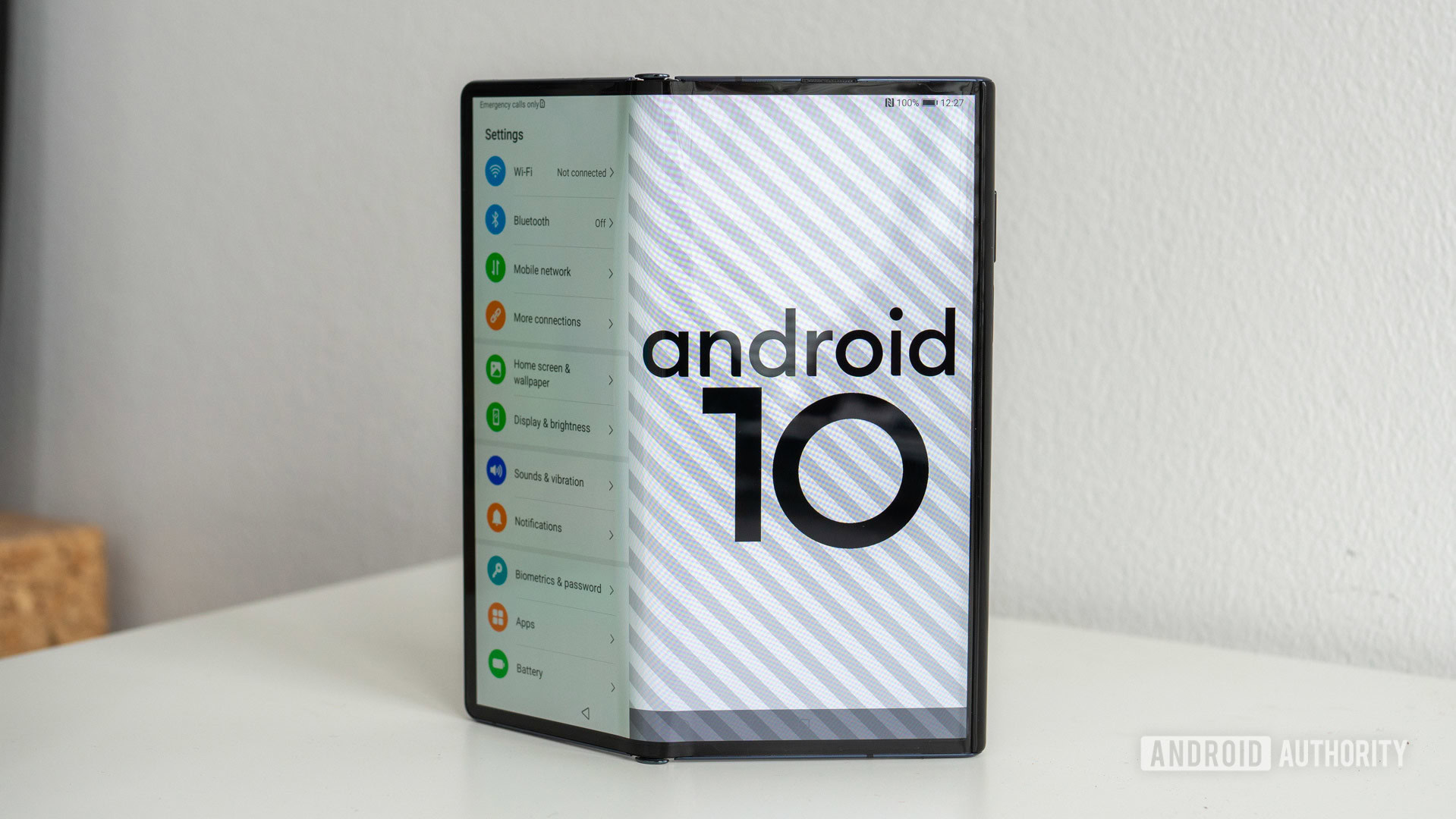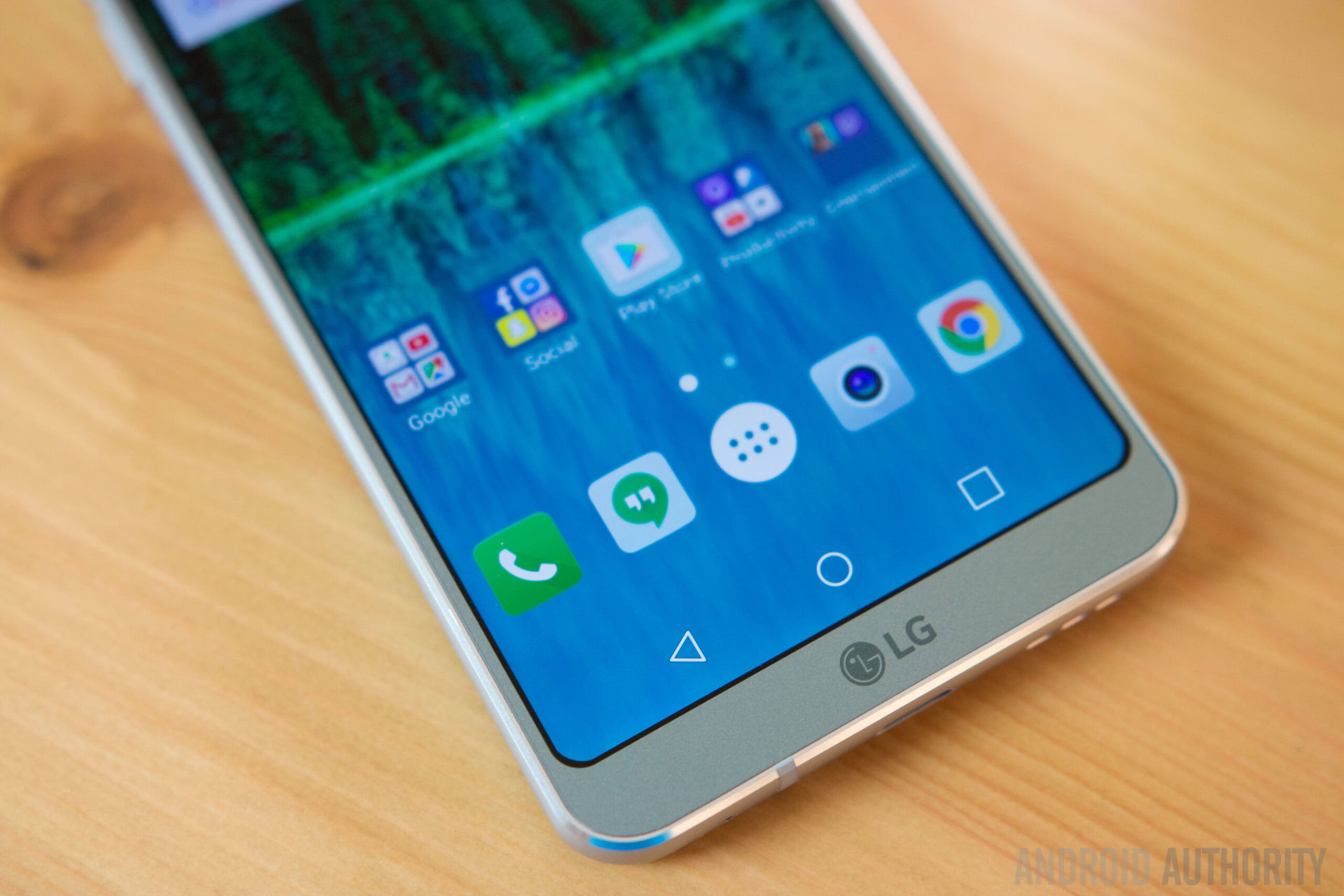Affiliate links on Android Authority may earn us a commission. Learn more.
Because of Treble, OEMs will have no excuse for not consistently updating your phone

- An interview with Dave Burke and Iliyan Malchev explains why Project Treble will change the entire landscape of Android devices.
- Project Treble is a restructuring of how Android smartphones are created, which Google hopes will stop Android fragmentation.
- Device manufacturers will have no excuse to not update Android smartphones quickly and efficiently; Google has made it too easy for them.
Google I/O 2018 wrapped up about a month ago now, but we are still processing the massive amount of information Google presented at the conference. One of the hottest topics there was Project Treble, Google’s incredible undertaking aimed at one purpose: fixing Android fragmentation.
At the conference, ARSTechnica sat down with Iliyan Malchev (the head of Project Treble) and Dave Burke (Android’s VP of Engineering) for an in-depth interview about Project Treble and the future upgrades coming with Android P.

The entire interview is fascinating, but also very long and extremely technical in nature. It’s worth a read if you are interested, but if you want to know the basic gist, here it is: with Android P, there is no excuse whatsoever for smartphone manufacturers to not issue your devices consistent Android updates in a timely manner.
For those of you just tuning in, Project Treble is a restructuring of how Android smartphones are created. Before Treble, each step in the process of creating a new smartphone – from the latest version of Android, to the chipset manufacturing, to the driver integration, all the way through to OEM skinning of Android – had to be done in sequential order. That doesn’t have to happen anymore with Treble.

Now, chipset makers and device manufacturers can work on updates simultaneously as Google develops the software because Google has already done most of the work for them. This is why the beta versions of Android P are available on so many non-Google devices, like the OnePlus 6 and the Essential Phone. That has never happened before in the entire history of Android.
Because of Treble, if you buy a smartphone and it doesn’t get updated on a regular basis, there will be no one to blame but the device manufacturer. With Treble, Google is holding up its hands and saying, “We’ve done all the work for you, all you have to do now is wrap it up and send it out.”

In the case of the Essential Phone, the small team at Essential was able to get Android P up and running in three days because of Project Treble. Three days. If Essential can do that, there’s no reason at all for any OEM not to be able to issue updates to its devices in a matter of weeks or a few months at the latest.
Well, I suppose there could be a reason: because the OEM just doesn’t care to update your device.
Going forward, Android users will be able to vote with their wallets to determine which OEMs succeed. If a company doesn’t issue regular smartphone updates, there will now be so many other companies that will, because Google is making it so easy. If larger companies like Samsung and Huawei choose not to keep up, the smaller companies that do keep up will easily steal their market share.
When that starts happening, you’ll have Project Treble to thank.
NEXT: Here’s why OnePlus doesn’t support Project Treble — yet